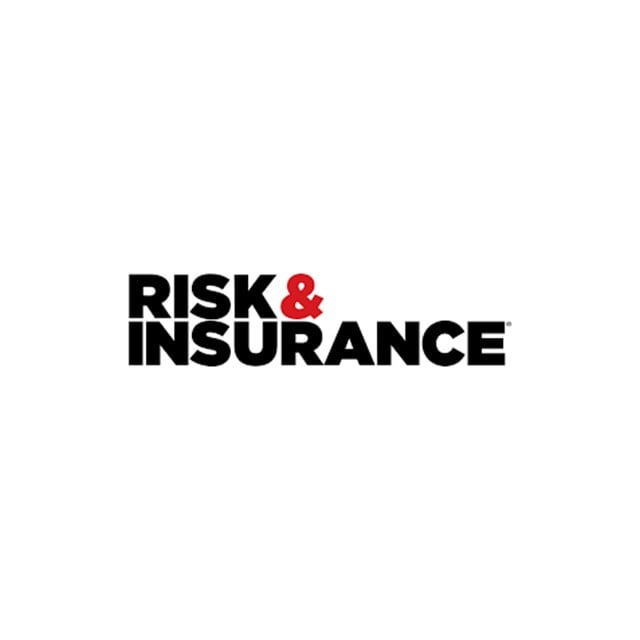The Shifting Role of Actuarial Services: Part 1
The growing frequency of black swan events, like the COVID-19 pandemic, has pushed the insurance industry in unique and unexpected directions. To navigate these headwinds and maintain profitability, insurers need to effectively price their products, create new risk models and increase operational efficiency. Actuaries play a key role in each of those goals, and as insurance companies face greater uncertainties in the post-pandemic landscape, along with concurrent shifts in technology, those roles are in the midst of significant change.
Matt Duke leads global actuarial services at Xceedance. He brings 15 years of leadership in actuarial and analytics services with expertise in strategy execution, facilitating organizational change, and solving business challenges with analytical insights that directly impact profitability. In part 1 of this 2-part interview he discusses the evolving actuarial role, how his team at Xceedance delivers value to the industry, and the importance of analytics to the actuarial function.
Q. How has the role of an actuary evolved over the years, and what role has technology played in that evolution?
Duke: Historically, the role of an actuary has constantly evolved, especially as organizations looked to unlock the potential of their data and try to realize insights from it. Now the modern actuary must be able to make sense of all the data they have access to. The skill sets required do not change but the environment is different today in terms of tools and technologies that are at an actuary’s disposal. I view the actuarial profession as being one that is more of an apprenticeship, where you need somebody to work alongside as you learn the ropes.
The actuarial exam process does create a solid foundation, but your individual experiences and who you interact with shapes your ability to be unique and different. Currently there are multiple disruptors coming into the insurance industry, including technology innovators looking to leverage the large amounts of accessible data. These disruptors require someone who is equipped and inclined to work with data.
I still believe that the actuarial profession has a home for everyone. In the future I think you will see actuaries playing a broader role within organizations, not just on the traditional actuarial path, but also in marketing and other areas. Some companies have already gotten to that point, but others are still trailing behind.
Q. How does your team at Xceedance Actuarial and Analytics Services deliver value to the insurance industry?
Duke: Without getting into the weeds of the offering, I would say we utilize a value driven, cost-efficient global solutioning approach designed to align with the goals of an insurance company. From business planning and product development to underwriting and portfolio management, we are building a framework through partnerships to enable our clients to address their long-term and short-term needs. We are reaching across the table to the leaders in the industry for collaboration, from a technology perspective, or if they bring a unique specialty practice capability. Our partnership with Akur8 is a good example of how the combined prowess leads to modern technology and industry proficiency, helping insurers manage the supervision of diverse actuarial and analytics tasks across the insurance lifecycle. Combined with global solutioning, the scope of Xceedance actuarial and analytics capabilities provides a holistic service offering at an affordable price.
Q. Why are analytics such an important part of the actuarial service offerings at Xceedance?
Duke: If you imagine a Venn diagram, there is an overlap between actuarial and analytics solutions. As an industry we are getting closer to fully defining data science and everyone has their own version or definition of data science. So, when I think about actuarial as a core discipline, pricing and reserving immediately come to mind as essential aspects of the function. To enable those two opportunities we have predictive analytics to either forecast losses and claims or to predict volume.
From my perspective, analytics is much more holistic and not restricted to helping business leaders manage their KPIs. Performance enhancement is a key result of the analytics practice. Identifying process gaps, and potentially leveraging process automation or some other technology to automate, is also a focus. We strive to be a strategic partner and trusted advisor for all things related to analytics, providing connected strategies that empower our clients to spend more time managing their businesses.
Q: What brings clients looking for actuarial support to Xceedance?
Duke: At Xceedance we recognize that there are many ways to execute on a business vision. Our flexible approach allows us to align our dynamic actuarial and analytics capabilities to the needs of a company’s business plan. We work not only with actuaries but also CEOs and chief underwriting, operating, financial and revenue officers to seamlessly integrate our approach with their perspectives and priorities. Our clients know they can come to us with what they want to accomplish, and we’ll do the hard work to provide the right solution that fits their goal.
Don’t miss part 2 of this discussion with Matt Duke where he discusses the value of partnerships, how to attract actuarial talent, and the future relationship between technology and the actuarial role.


